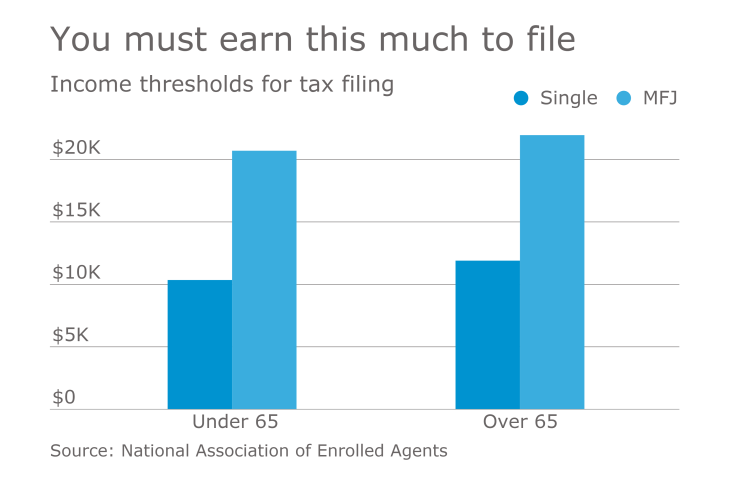Changing national demographics may be producing a new kind of dependent: parents and adult children of middle-aged taxpayers, according to the National Association of Enrolled Agents.
“If you are assuming the day-to-day care and financial support of a parent and that parent qualifies as a dependent, you may be eligible to claim additional tax benefits,” said John Dundon, an Enrolled Agent in Englewood, Colo. “Your parents can live in their own home or in a retirement community and still be legally claimed as dependents – so long as they meet IRS’s requirements for a dependent.”

The following criteria apply before parents can be claimed as dependents:
- He or she must be legally recognized as the taxpayer’s parent, either biologically or by adoption.
- For 2016, all dependent relatives must have less than $4,050 in gross taxable income to qualify.
- He or she must receive more than 50 percent of all financial support from the taxpayer.
- The parent must be a U.S. citizen or a resident of Canada or Mexico.
He or she must also not be required to file a federal income tax return. If the taxpayer’s parent is under 65 and filing Single, they must file a return if their income is at least $10,350; filing Single and over 65, at least $11,900; MFJ and under 65, at least $20,700; MFJ and over 65, at least $21,950.
The parent can’t file a joint return with a spouse for any purpose other than to receive a tax refund.
To claim both parents, they must both meet the criteria listed above.
If the taxpayer paid for a parent’s medical care, those expenses may qualify as itemized deductions. Even if a parent doesn’t meet the income requirement for dependents, medical expenses may still be claimed if the taxpayer provides 50 percent of their support.
In addition to deductions, there is a non-refundable tax credit available to taxpayers who pay for the care of a qualifying individual and meet certain other requirements: the Child and Dependent Care Credit. Qualifying parents must be physically or mentally unable to care for themselves.
Earned income and work-related expenses are necessary to qualify, meaning the care must have been provided while the taxpayer was either working or looking for work. The IRS also requires the care provider’s Social Security number and other ID. A taxpayer who is married but files a return separate from their spouse cannot claim this credit.





